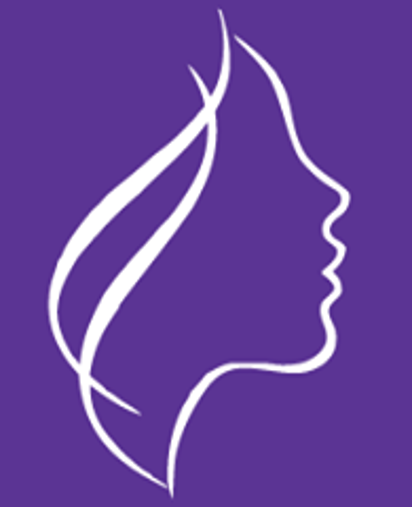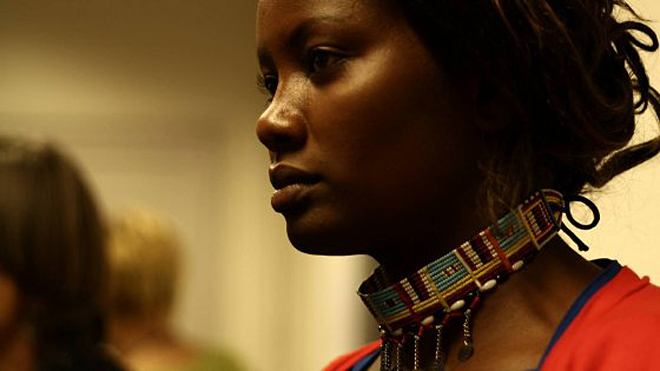Retrogressive cultural practices have no place in modern society and when we speak of these, the top two are FGM and early marriage. These two almost always go hand in hand and the end result is destruction of young girls’ lives because they mean the end to education. Uneducated mothers are also unlikely to educate their daughters, and this becomes a vicious cycle of poverty and underdevelopment for the girl child.
The situation is still really bad in many parts of the country, but all is not lost. There are efforts to mind the plight of affected girls and today, we look at a foundation called Nice Place Foundation – a charitable organisation based in Loitoktok, Kenya. The foundation aims to empower young girls by advocating for the end of FGC (Female Genital Cutting) and early marriages while also promoting the education of women.
Nice Place is the brainchild of Nice Leng’ete, an award winning human rights advocate who has so far positively impacted the lives of over 20,000 Maasai girls across Kenya and Tanzania. Having been born and raised in Kajiado South, Nice is in a firsthand position to understand what girls are going through in terms of FGM and forced marriage, especially given the fact that she was lucky to escape these and get an education. She is now driven by the need to give back to her community by giving girls the opportunity that she herself got when she was in their position.
Since launch 10 months ago, Nice Place has been a safe shelter to 27 girls through their safe shelter. The center has also seen 188 girls through their Leadership Academy and is currently educating 124 boys and girls in different schools through their scholarship program. We are looking at 7 children in primary school, 85 in secondary school, 10 in various KMTC colleges and 2 waiting to join campus in September.
In the leadership academy, the center trains girls on leadership, advocacy, critical thinking, habit forming, entrepreneurship, computer literacy and personal development and sexual health. So far, a total of 188 girls have benefited from this, 55 in January, 65 in March/April, and 68 in the current cohort who are set to graduate at the end of July.
After mentorship, girls form peer groups so that the message is not only preserved, but also passed forward to others who will do the same. This ripple effect is what will greatly improve the situation in the area in the long run.
An initiative such as Nice place must have a fair share of challenges and in this case we are looking at higher demand than the center can meet, and an overshoot of overhead costs to continuously run big projects like safe shelters, leadership academy and scholarships. As it is, scholarship applications are always overwhelming with the current numbers standing at 450 and yet the center can only take 10 this time. Clearly the need is there. Girls want to study and the lack of funds for the same is what is driving parents to marry them off young.
Another challenge that exacerbates the situation in the larger Maasai land is that as much as Kenya has strict rules against FGM, our neighbor Tanzania does not. So parents simply cross their children over to Tanzania for the cut and then bring them back.
Nice and her team have their eyes firmly on a big future for the center, and therefore a bigger impact. Their plans towards this include addition of courses like carpentry, plumbing Agriculture, and establishment of an ICT hub where girls can have enough ICT skills to get them into the job market.
There is ICT at the center already but unfortunately it did not have enough computers to hold the classes. The children had to share the computers, or wait for long in order to use them which made the learning process challenging. In addition, the management wanted to introduce more advanced computer lessons such as coding in the near future, but they needed more computers for this. In order for the computer classes to be more interactive, they also needed to extend the time it takes for the students to complete the courses.
It is towards this that after a successful application to Ndoto Zetu, Safaricom Foundation has equipped the center with 20 refurbished computers and 5 laptops. This will go a long way in ensuring that more girls access ICT training, and that the classes are longer.
Other ambitious future plans are large scale beadwork and big scale farming, with benefits running beyond the center and into the community. This is in the spirit of entrepreneurship and showing communities these alternative sources of income for communities will hopefully convince them to stop selling their girls off before they are of age.


